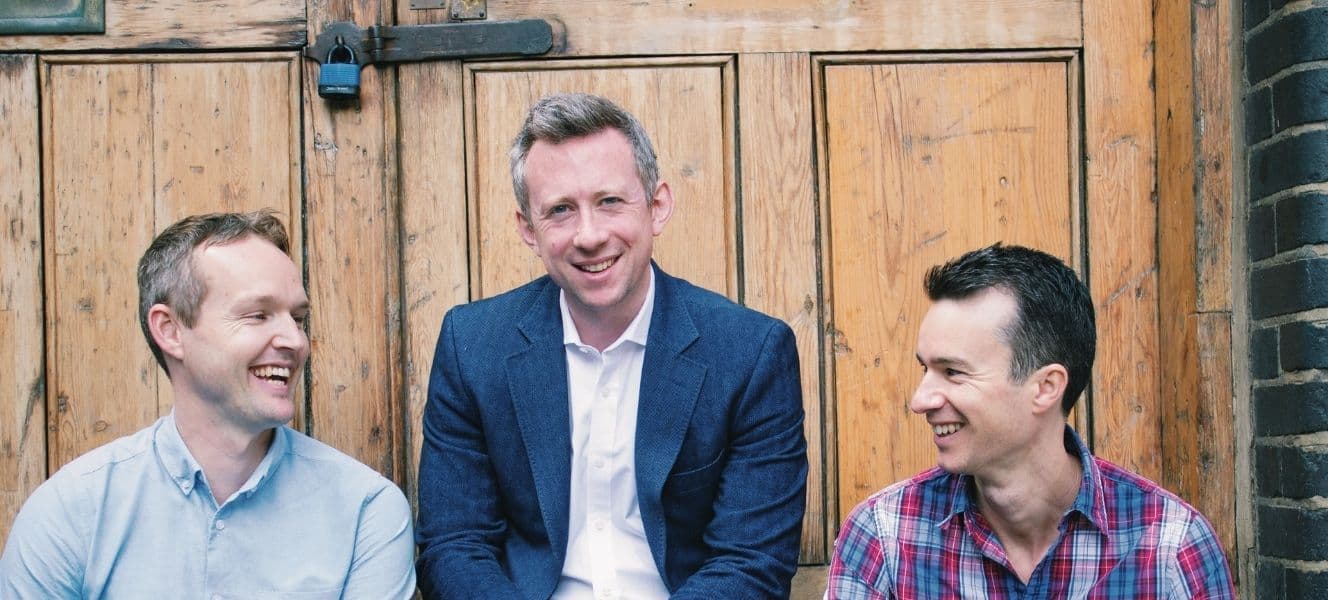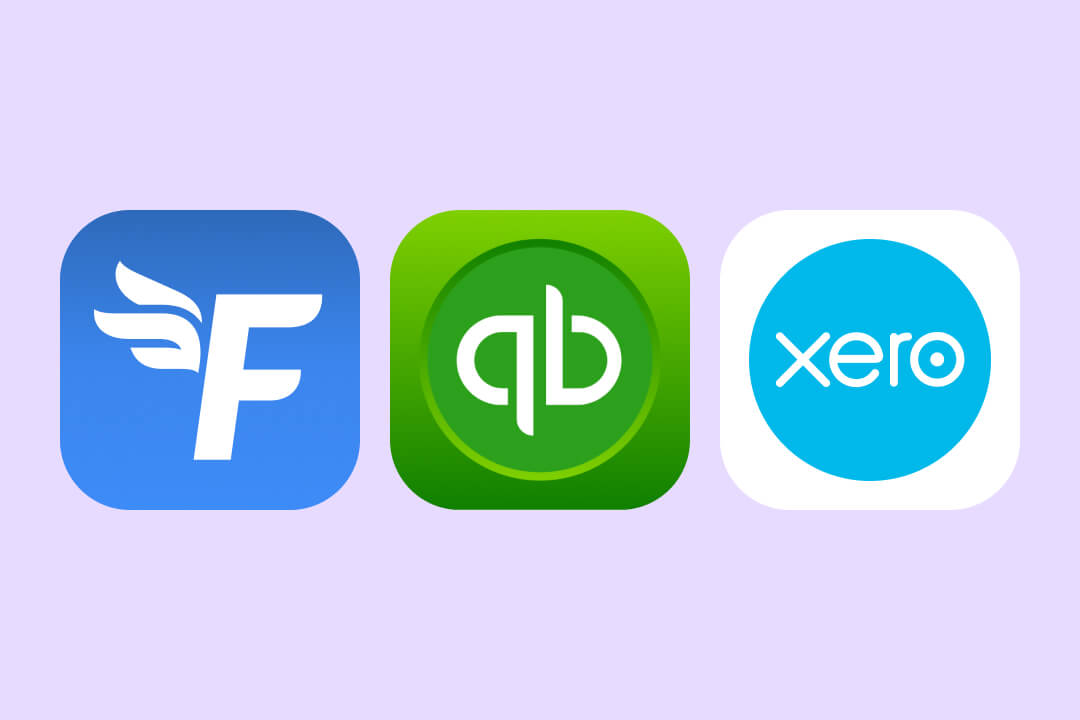
Business
“Becoming a mentor helped me see my own value.”
6th March 2025
10th September 2020

“They say that three is an awkward number but I’m confident in our dynamic,” says Joe Walton, co-founder of PR agency Fight or Flight. “Charlie is all about client happiness, I’m very focused on the commercials and David is obsessive about the work. We have complementary skill sets but we don’t agree on everything. You need that friction, otherwise you won’t make high-quality decisions.”
Fight or Flight focuses on business to business PR. “We create campaigns for companies that are looking to sell their products or services into another organisation. Our role is to generate press coverage and social media buzz that engages the target audience – often the CEO, finance, IT or marketing director – helping them to generate sales leads and enhance (or protect) their reputation.”
“When setting up a business, knowing each other’s behaviours, strengths and weaknesses is so important,” says Joe. “Similar to choosing a housemate, there are certain people you get on with really well in the pub or on a night out but when it comes to living with them, they’re a nightmare.” The co-founders used to work together at another PR agency, an experience that showed them how complementary their skills were.
Launching a business during a global pandemic hasn’t been easy. But it has accelerated the process of getting to know each other’s priorities and concerns. “The two weeks after Covid hit were pretty worrying. But in those dark moments, what makes all the difference is having two people who are in it with you,” says Joe.
“We thought about waiting longer to launch but we felt it would be better to be out there, looking for opportunities that were bubbling.”
Fight or Flight launched in April. “The reason that there’s never a right time to start a business is that humans look for any reason to retain the status quo. But once you depart from that, you realise that the opportunities were there all the time,” says David Woodward.
In just a few months, Fight or Flight has won a number of client contracts and increased its headcount to eight permanent staff.
For anyone looking to launch a business this year, his advice is to stop looking at the headlines and remember why you had the idea in the first place, pre-pandemic. “Your reason to start a business should be the same whether the sun is shining or it’s raining - do it based on what you bring, not based on the economic news.”
“The beautiful thing about an agency communications business is that there are very defined roles,” says David. “In our industry, you’re usually either a client handler or a specialist. Joe is a client person and I’m a specialist, but Charlie has two hats being a media specialist and a client person.”
The team really benefited from working together in another agency before starting their own. “We had that knowledge before we began, not only on what we’re good at but also what we’re comfortable doing. Sometimes the first year seems to be spent learning who’s best at what but it’s precious time when you’re trying to fight fires on several fronts.”
The co-founders began by working from home, moved into their office in Cannon Street, London at the end of February in the run up to launching their business, and then went back to remote working just before lockdown. Like many tight-knit teams, they missed bouncing ideas around and having less formal conversations.
“You can often accomplish more in those five minute casual meetings as you walk past someone’s desk or make a cup of coffee, than you can in a scheduled 30 minute meeting,” says David. “But technology has a role in mimicking those casual meetings and prompting conversations that otherwise wouldn’t have happened.”
Starling’s real-time notifications for business accounts are one example. David says: “With the Starling app, if somebody makes a purchase or changes something, a notification goes out to all the account owners. And that can stimulate a conversation that might not have happened ordinarily.”
Joe adds: “Money can make things really complicated so make sure you have really honest conversations about what your expectations are, your day to day commitments, what happens if you want to leave the company,” he says.
“Right down to small purchases of £100 when we know the others won’t mind, we always make a point of pinging over a quick WhatsApp. It builds trust - when you tell each other about the small things, you can be more sure that you’ll be open about the bigger things.”
Charlie Meredith-Hardy was the one who found Starling and set up their account. “We secured our first client sooner than expected so we needed to get a business account within a month,” says Charlie.
“To cut a long story short, after three weeks we’d got nowhere with a high street bank. I started to research alternatives and phoned Starling to see how long it would take to set up a bank account. I spoke to a human being really quickly and they told me it would take three days, even over the weekend. By Monday, we had it set up, ready for our first client.”
With a Starling business account, all listed persons of significant control can download the app and access the account. “We have three people who need to know a lot about the financial side of the business so it’s absolutely brilliant for us to all have access to the app. We use Xero and the integration works superbly. It’s so easy to manage our accounts and finances,” says Charlie.
“We’ve been really impressed with the speed and professionalism of Starling,” adds Joe. “It feels like banking as it should be in the 21st century.”

Business
6th March 2025

Business
24th May 2024

Business
24th May 2024

Money Truths
2nd July 2025

Money Truths
1st July 2025

Money Truths
29th May 2025